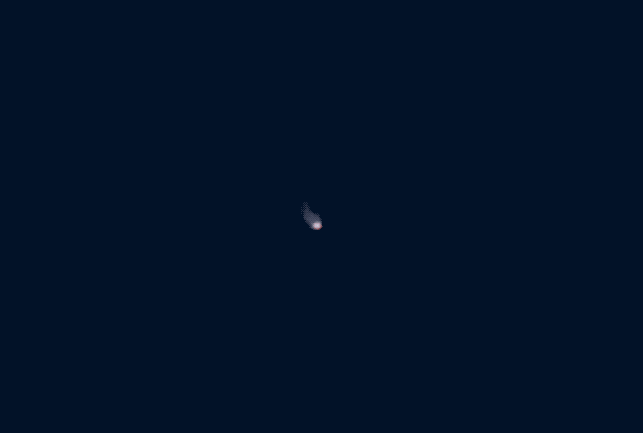Topics
Latest
AI
Amazon
Apps
Biotech & Health
mood

Cloud Computing
Commerce
Crypto
Enterprise
EVs
Fintech
Fundraising
Gadgets
stake
Government & Policy
Hardware
layoff
Media & Entertainment
Meta
Microsoft
privateness
Robotics
Security
societal
Space
Startups
TikTok
Department of Transportation
speculation
More from TechCrunch
Events
Startup Battlefield
StrictlyVC
Podcasts
video
Partner Content
TechCrunch Brand Studio
Crunchboard
get through Us
The U.S. Federal Aviation Administration has let launch providers conduct their own probe in virtually every instance that a launch misadventure has occur since the start of the century — a practice that needs closer scrutiny , a Union guard dog said in a new report .
The report , published Thursday by the U.S. Government Accountability Office(GAO ) , takes a penny-pinching look at the investigations into launch bad luck , the industry term for when a launching end in an detonation or other failure . Mishap investigations are a normal course of instruction of action and are generally under the protection of the FAA — but this paper reveals that the pattern is basically entirely operator - lead , with the FAA having inadequate resources for in - mansion investigations .
Of the 49 mishaps that occurred between 2000 and 2023 , and for which FAA was the lead investigative bureau , all were conduce by the launch operator , the account found . The one exception was an investigation into a fatal accident involving SpaceShipTwo in October 2014 , for which the National Transportation Safety Board was the lead-in authorisation .
The FAA lets the launching company lead its own investigations for a number of reason , functionary tell GAO . A airless apprehension of fomite design and the underlying engineering is necessary when undertake a source cause probe into a failure , and the operators roll in the hay their vehicle best . FAA official also estimated that in - sign of the zodiac investigation would take 10 - 20 time long than those lead by the hustler .
The U.S. Government Accountability Office said the FAA should develop touchstone for determining when a mischance investigation is lead by its office or the launching supplier , the report say . It further found that the FAA has not evaluated the effectuality of its “ operator - reliant ” mishap investigation process .
“ FAA officials tell us they make their decisions to authorise operator - led investigations depend on the level of investigation required , which is for the most part based on severeness of the mischance or its consequence and may also take into consideration the level of public interest , ” the report say . “ However , in pattern , FAA authorized the manipulator postulate to lead the probe of its misadventure for all 49 mishaps for which FAA had top fact-finding dominance . ”
Even when investigations are led by the launching caller , the FAA still exercises some point of oversight and interest in the process . But some stakeholders questioned whether the launching fellowship “ can be impartial or effective investigators of their own mischance . ”
Join us at TechCrunch Sessions: AI
Exhibit at TechCrunch Sessions: AI
Launch provider told the GAO that they take steps to hold independence of their internal investigation , and others said that marketplace incentives and insurance requirements can also make overconfident motivator for a rigorous , credible investigation mental process .
Regardless , GAO found that the FAA did not maintain criteria for evaluating the effectivity of manipulator - led probe , and has no formal channels for operators to apportion their findings with the wider manufacture .
“ Without a comprehensive evaluation of the effectiveness of its operator - led mishap investigation mental process , FAA can not be assured that its safety lapse is best achieving authority objectives in an orbit of critical importance , ” GAO said .